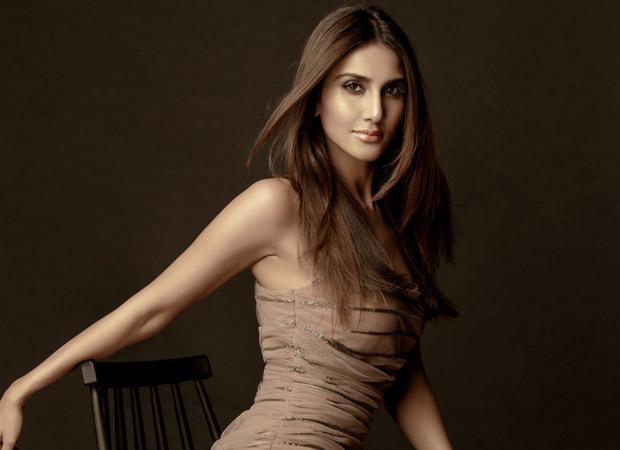
Don’t get volatile behaviour: Vaani on censorship & cancel culture
The recent ban of Abir Gulaal’s release in India has sparked a heated debate about censorship and cancel culture. In the midst of this controversy, actress Vaani Kapoor has shared her thoughts on the issue, expressing her disapproval of the volatile behavior associated with cancel culture. In an interview, she stated, “This cancel culture, say one thing wrong, there are calls for cancel and boycott. I don’t get that volatile behaviour.”
Cancel culture, which has become a dominant force in today’s digital landscape, refers to the practice of holding individuals accountable for their past actions, beliefs, or statements. While it is meant to promote accountability and social justice, it has also been criticized for being overly aggressive and stifling free speech. Vaani Kapoor’s comments reflect her concerns about the impact of cancel culture on artists’ freedom to express themselves.
Vaani’s sentiments are echoed by many in the entertainment industry who feel that cancel culture is restricting their ability to take creative risks. The actress believes that this culture is not only harmful but also sets boundaries for artists, preventing them from exploring new ideas and pushing the envelope. She is not alone in her concerns, as many artists have spoken out against the pressures of cancel culture.
The debate surrounding cancel culture and censorship is complex and multi-faceted. On one hand, it is argued that censorship is necessary to protect society from harmful or offensive content. On the other hand, proponents of free speech argue that censorship is a threat to artistic expression and the freedom to explore new ideas.
Vaani Kapoor’s comments on cancel culture and censorship are timely and relevant, given the recent ban of Abir Gulaal’s release in India. The film, which has been accused of promoting casteism and sexism, has sparked a heated debate about the role of art in society. While some have called for the film’s ban, others have argued that it is the responsibility of artists to tackle difficult subjects and challenge societal norms.
Vaani’s comments also highlight the importance of fostering a culture of constructive criticism and open dialogue. Rather than resorting to boycotts and cancelations, we should encourage artists to engage in meaningful discussions about their work and the impact it has on society. By doing so, we can promote a culture of creativity and innovation, where artists feel empowered to take risks and push the boundaries of what is possible.
In conclusion, Vaani Kapoor’s comments on cancel culture and censorship are a timely reminder of the importance of fostering a culture of creativity and innovation. Rather than restricting artists’ freedom to express themselves, we should promote a culture of constructive criticism and open dialogue. By doing so, we can ensure that artists continue to push the boundaries of what is possible, while also promoting a more inclusive and equitable society.






